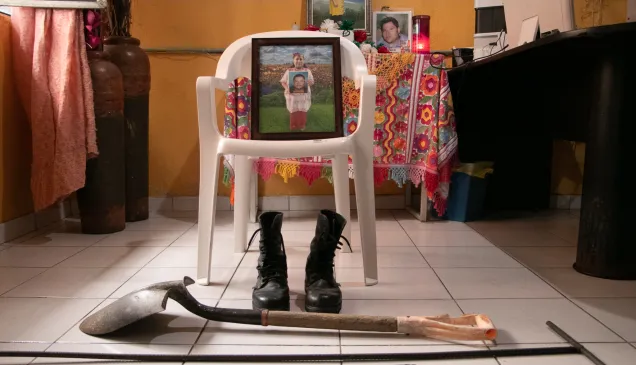XXV Regular Session of the General Ministerial Conference of OPANAL. Statement of Peter Maurer, President, International Committee of the Red Cross.
Allow me to begin by thanking the Government of Mexico for inviting me to speak on this historic occasion.
The adoption of the Treaty for the Prohibition of Nuclear Weapons in Latin America and the Caribbean 50 years ago marks one of the ground breaking moments in international disarmament. This treaty was the first to create a nuclear weapon free zone over a populated continent. In doing so, it promised protection and security to millions of people against the catastrophic dangers that nuclear weapons pose.
The treaty was far ahead of its time, as it would be nearly 20 years before another similar agreement would enter into force, in this case for States of the South Pacific. In addition to the South Pacific, the treaty has been a reference and an inspiration for the later development of nuclear weapon free zones in Africa, Central Asia and South-east Asia.
The International Committee of the Red Cross (ICRC) congratulates States Parties on this important anniversary and commends the fact that all States in Latin America and the Caribbean have adhered to this critical pillar of international disarmament law. We also take this occasion to commend the work of OPANAL (the Agency for the Prohibition of Nuclear Weapons in Latin America and the Caribbean) for its efforts in support of the treaty and in nuclear disarmament more broadly.
The Treaty for the Prohibition of Nuclear Weapons in Latin America and the Caribbean is just one example of the commitment that States in this region have shown to the goal of nuclear disarmament. It reflects a clear determination to ensure that their populations and others around the world would never again witness the horrific death and suffering that the use of nuclear weapons would inevitably entail.
The region's commitment to this goal is as strong as ever. At the most recent session of the UN General Assembly, the States of Latin America and the Caribbean overwhelmingly supported the resolution convening negotiations on a global treaty to prohibit nuclear weapons, leading to their elimination.
The ICRC warmly welcomes these historic negotiations. They provide the basis for a clear, credible and inclusive process towards the prohibition and eventual elimination of nuclear weapons, which the Red Cross and Red Crescent Movement has been advocating for decades. We urge States to seize with urgency and determination this unprecedented opportunity.
The ICRC looks forward to working closely with your governments to making a treaty prohibiting nuclear weapons a reality, and in the broader efforts to rid the world of these weapons once and for all time. We will also continue to reach out to States that rely on nuclear weapons in their defense doctrines and to call on them to join this effort. If they cannot do so at this time, we appeal to them to take measures to urgently reduce the risk of intentional or accidental use. Protecting humanity from these dangers is a humanitarian imperative.
I wish you all much success for the rest of your meeting.



